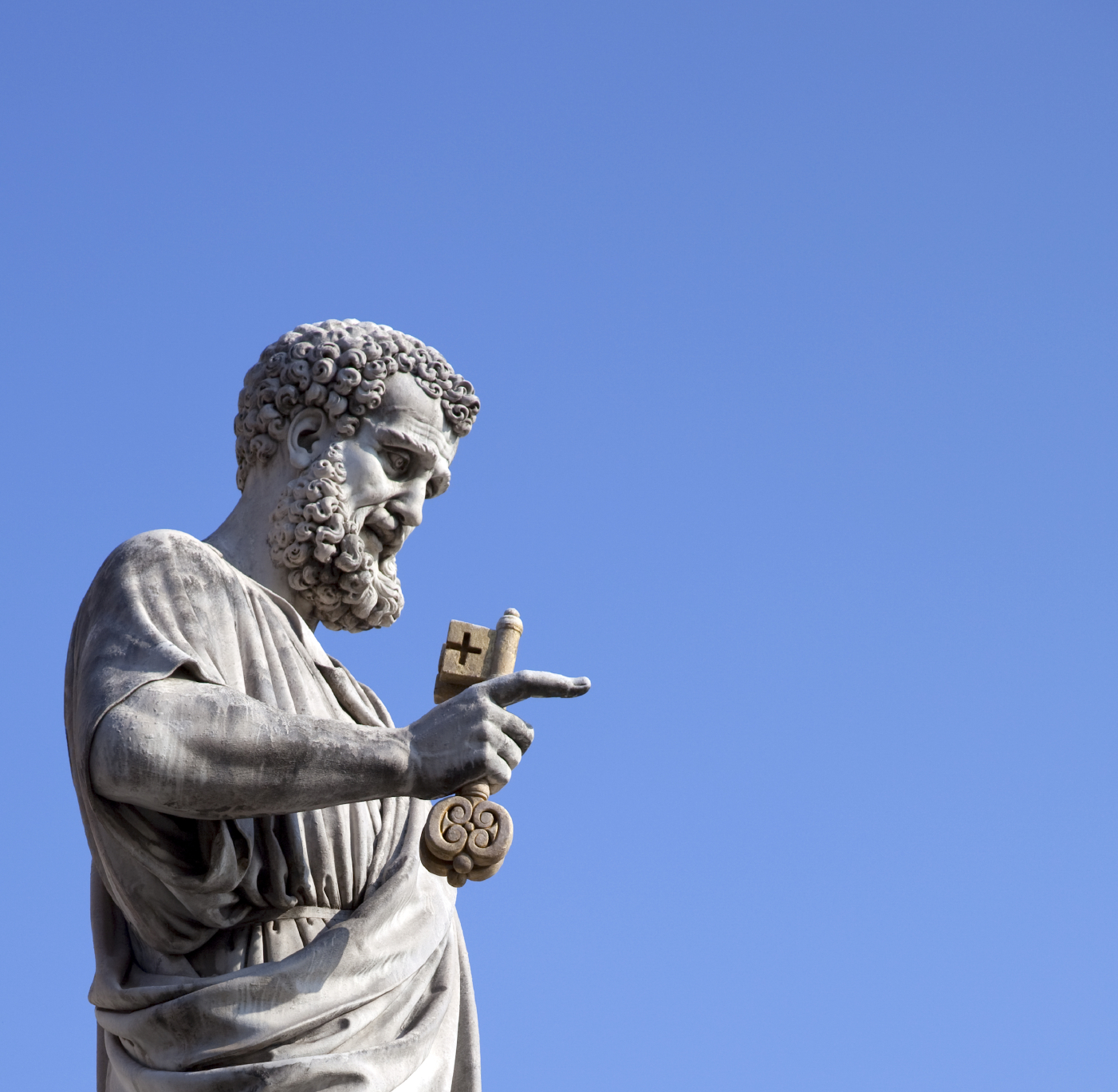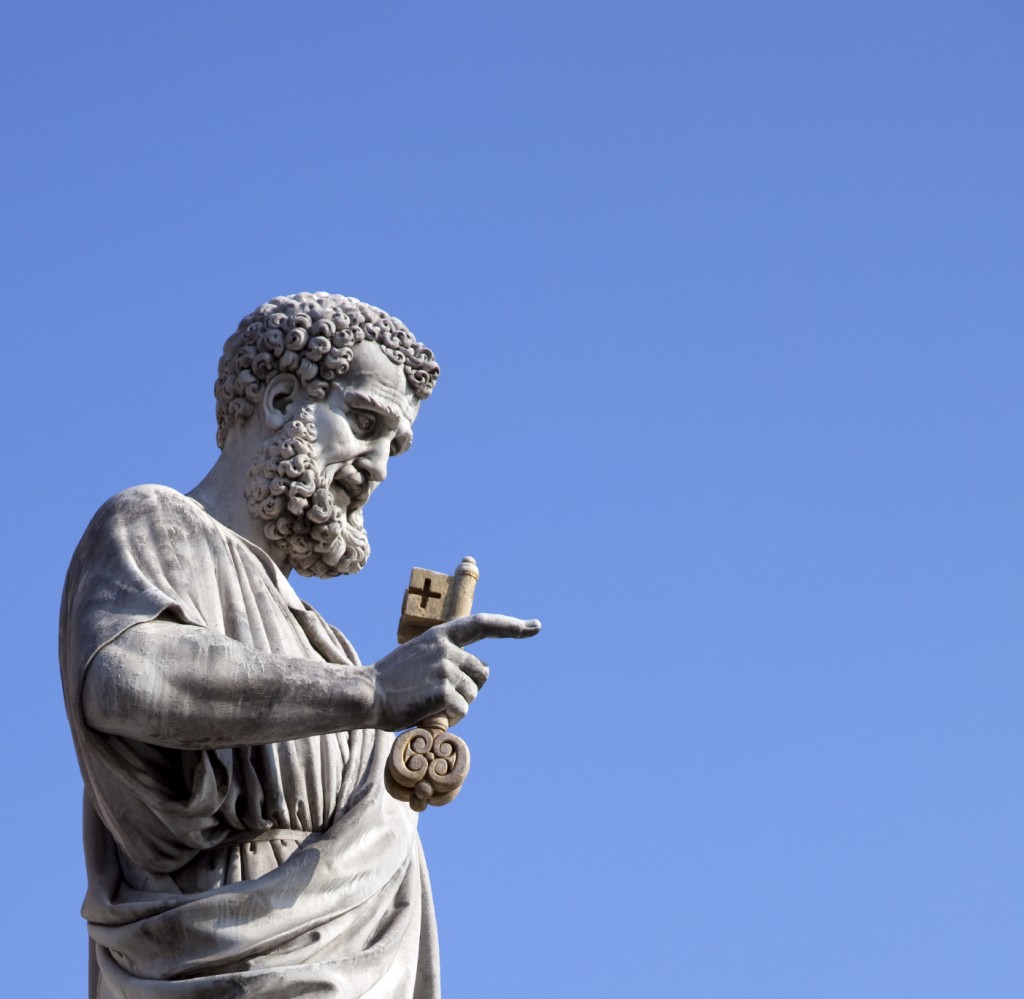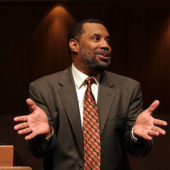This is part of a series studying Peter’s life and ministry. Click here for the entire series.
Something very profound happened when Jesus told Peter three times, “Feed/tend my sheep/lambs.” Jesus signaled a radical change not only in what Peter was supposed to do for Him but also a revolutionary change in Peter’s character. Three years earlier Jesus had called him to be a “fisher of men” (Matthew 4:19). Now, He called him to be a shepherd.
Fishing is a fairly rough occupation. One has to mend and clean nets, work at night and sleep in the day and clean fish for sale. He needs to be strong enough to cast heavy nets into the water and pull them out full of fish. To put it bluntly, the fisherman kills fish to feed his family and to sell to others.
Compare fishing as an occupation with that of a shepherd. According to Psalm 23, the shepherd has to meet his flock’s every need, including finding good pasture year-round as well as clean, still water. He nurses back to health any sheep that are sick and protects them from thieves and predators. He uses his rod and staff to count, guide, protect and, when needed, correct a wayward sheep. He’s on call day and night!
Earlier in His ministry, Jesus expanded on the role of a good shepherd (John 10:1-18): He enters the pen through the gate, names his sheep and calls them to follow him, walks ahead of them assuring their safety, finds pasture for his flock and he is willing to protect his sheep even it means dying for them. In short, his total focus is on meeting the needs of his sheep and protecting them. Obviously, there is a close relationship between the shepherd and the sheep. Caring for sheep results in the health and well-being of the sheep, not always the shepherd! Not so with the fisherman and the fish!
Most of his life Peter had been concerned about—well, Peter! He was impulsive—often the first to talk and act. Now he had to concentrate on pleasing the Master Shepherd and tenderly caring for His sheep.
That the total transformation had not yet occurred was evident when during the conversation Peter turned and pointed his dear friend and business partner, John, and asked Jesus, “Lord what about him?” (vs. 21). Jesus responds, “If I want him to remain alive until I return, what is that to you? You must follow me” (vs. 22). Jesus response is a bit sharp but you don’t deal with a person like Peter subtly: “Peter, what I want John to do is none of your business. You are to have only one concern—keep on following me.”
In what ways does God want to transform you?
What evidence in your life shows that He is doing so?



















